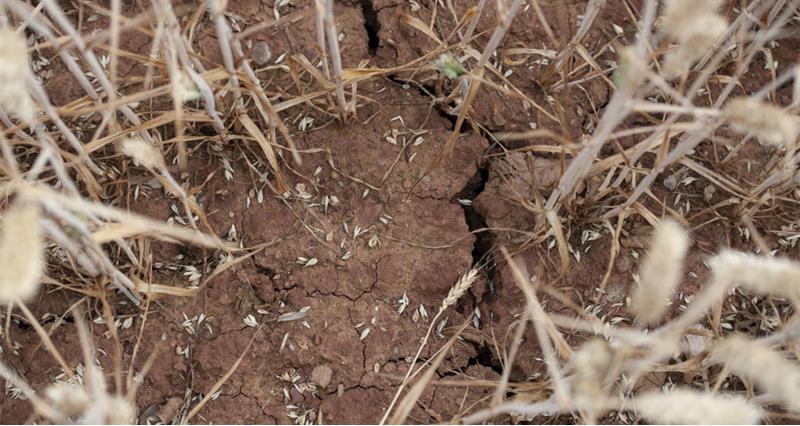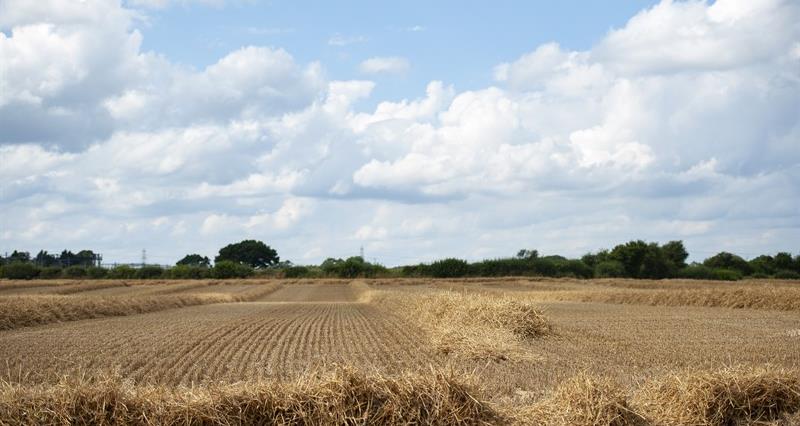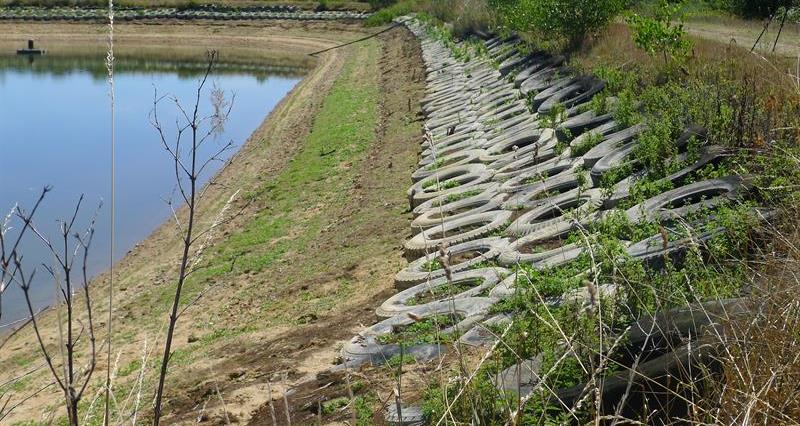This meeting was attended by NFU Vice-president Rachel Hallos and NFU Water Resources Specialist Mark Betson.Â
Minister for Water and Flooding Emma Hardy emphasised the government commitment to food security and noted the concerns raised by the NFU of impacts on yields, depleted stocks of reservoir water and the challenge with grazing and forage availability.Â
Current drought situation
At present, the EA (Environment Agency) areas in drought as of 15 July 2025 are:
- Cumbria and Lancashire
- Greater Manchester Merseyside & CheshireÂ
- Yorkshire
- West and East Midlands
The drought status means that the EA (Environment Agency) and water companies will continue implementing the stages of their pre-agreed drought plans to manage the impacts.
These plans follow local factors including reservoir levels, demand and forecasts, and may lead to precautionary actions such as TUBs (Temporary Use Bans). Currently only Yorkshire Water has TUBs, but parts of Thames Water and South East Water will also have TUBs in force from the 18 July.
There are also the following areas in PDW (Prolonged Dry Weather) status as of 15 July 2025:Â
- Northeast
- Lincolnshire and Northamptonshire
- East Anglia
- Thames
- Wessex
- Solent and South Downs
Prolonged dry weather is an extended period of abnormally low rainfall that stresses water resources but hasn't yet reached drought threshold conditions. These can indicate areas at risk of drought without further significant rainfall.
They also can be in agricultural drought (one that see soil moisture in an area insufficient for crop need) before EA or water company drought status is declared.
More information on the current water situation can be found at:
Working with abstractors
91²Ö¿âcontinues to co-chair the National Drought Group sub group for the Agri–Environment sectors. The group works with the EA to ensure challenges are understood and solutions developed where possible.
The EA continues to want to work with farmers, businesses, and other abstractors to manage water availability and ensure that they get the water they need to be resilient while maintaining protection of the environment.
The EA is urging abstractors to review their abstraction licences to ensure that these continue to meet abstractors' needs for long-term resilience.
Where abstractors do not have long-term resilience then they should look to implement alternative solutions such as:
- review cropping plans
- water efficiency
- developing new sustainable sources of water or providing winter storage.
There may also be scope for collaborating with others to share licensed volumes, if actions taken individually are insufficient to provide resilience.
We are encouraging abstractors to think about working together as a water abstractor group to help their future resilience and consider what options there might be for developing a shared water resource if multiple businesses are locally challenged to find water.
Read: Local resource option screening study funding – essential information to find out more.
For help and information for members facing issues with dry weather, visit our dry weather essential information page.



